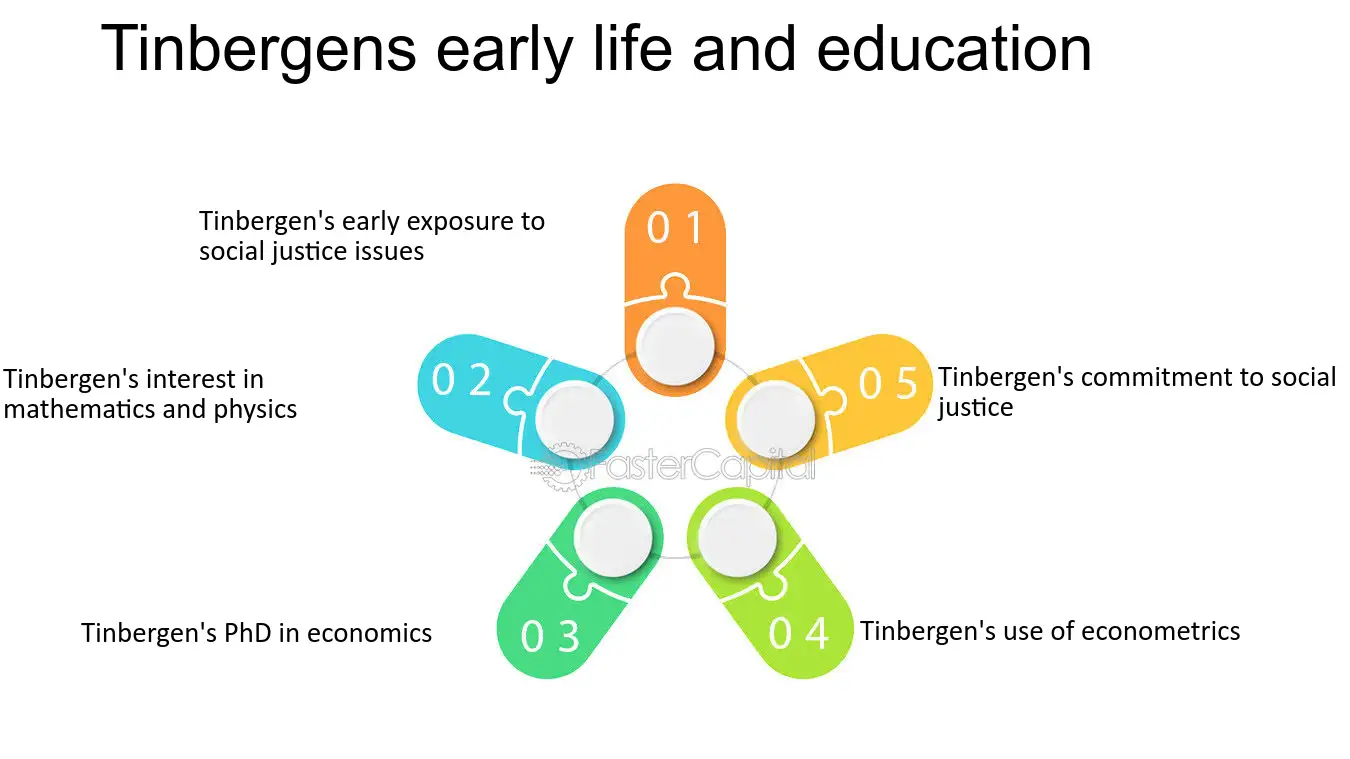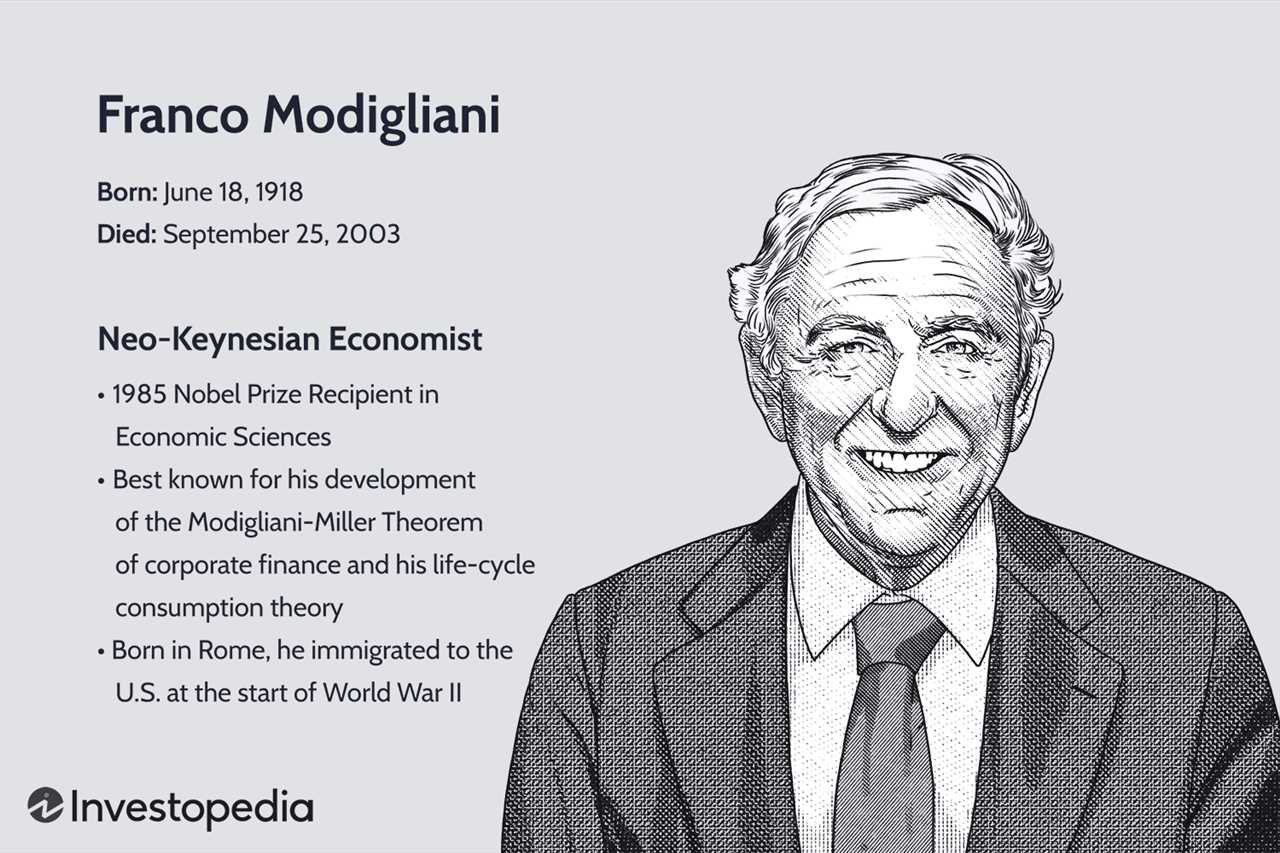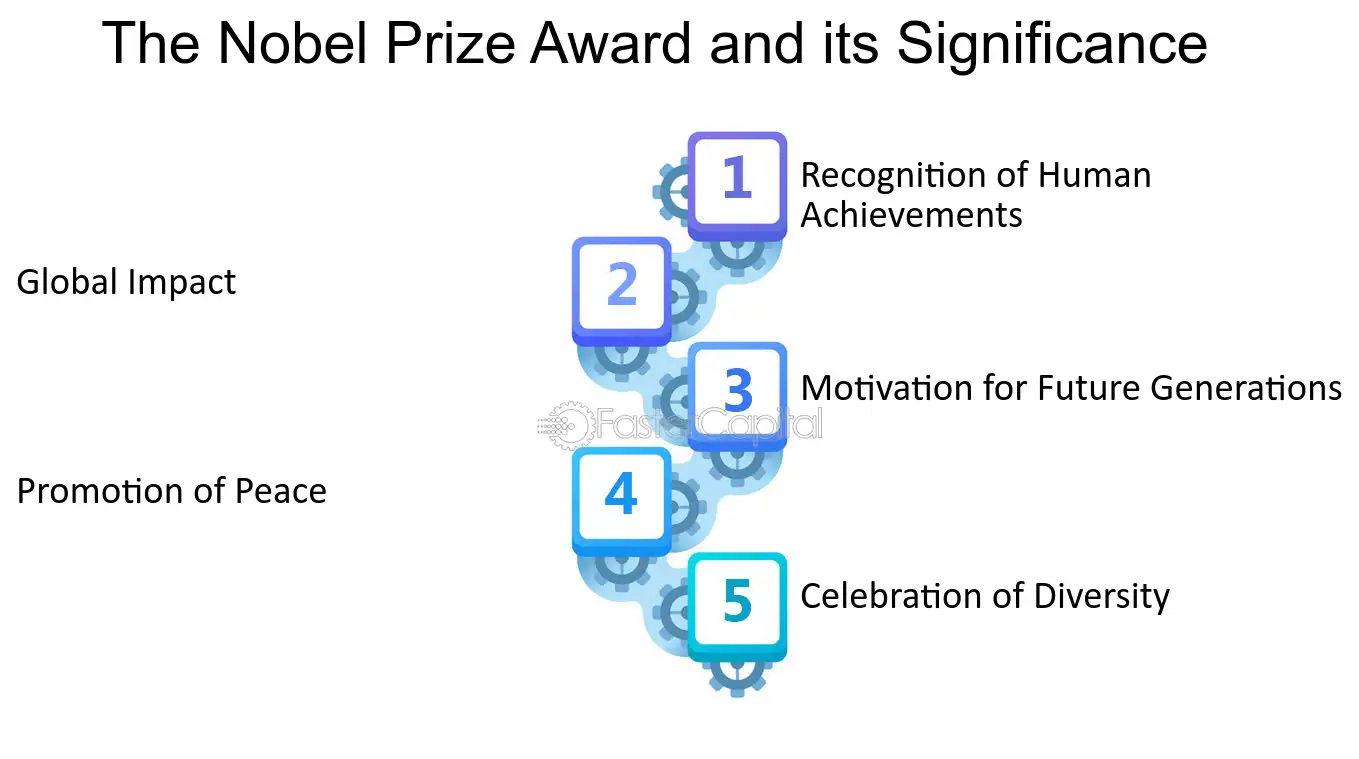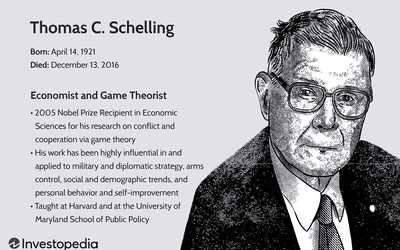Jan Tinbergen: Biography, Achievements, and Education
Jan Tinbergen was a renowned Dutch economist who made significant contributions to the field of economics. Born on April 12, 1903, in The Hague, Netherlands, Tinbergen’s work had a profound impact on economic policy and theory.
Tinbergen’s interest in economics began at a young age, and he pursued his passion by studying economics at the University of Leiden. He completed his undergraduate studies in 1925 and went on to earn his doctorate in 1929.
During his early career, Tinbergen focused on developing mathematical models to analyze economic systems. His groundbreaking work in econometrics, the application of statistical methods to economic data, revolutionized the field and paved the way for future advancements.
In recognition of his groundbreaking contributions to economics, Tinbergen was awarded the first Nobel Prize in Economic Sciences in 1969. He shared the prize with Ragnar Frisch, another prominent economist who also made significant contributions to econometrics.
Jan Tinbergen’s legacy extends beyond his academic achievements. He was a strong advocate for using economic analysis to address social issues and promote sustainable development. His work influenced economic policies worldwide, particularly in the areas of income distribution, employment, and environmental sustainability.
Tinbergen’s impact on economic policy can still be seen today, as his ideas continue to shape the field of economics and inform policymakers around the world. His dedication to using economics as a tool for social progress serves as an inspiration to future generations of economists.
Early Life and Education

Jan Tinbergen was born on April 12, 1903, in The Hague, Netherlands. He grew up in a family of intellectuals, with his father being a school headmaster and his mother a feminist and suffragette. Tinbergen’s early life was marked by a strong interest in mathematics and physics, which eventually led him to pursue a career in economics.
After completing his secondary education, Tinbergen enrolled at the University of Leiden in 1921, where he studied physics and mathematics. However, he soon realized that his true passion lay in the field of economics, and he decided to switch his major. Tinbergen transferred to the University of Amsterdam, where he studied under the guidance of renowned economist Jan Pen.
During his time at the University of Amsterdam, Tinbergen became deeply influenced by the emerging field of econometrics, which sought to apply statistical methods to economic analysis. He was particularly drawn to the work of Ragnar Frisch and the Cowles Commission, who were pioneering the use of mathematical models in economics. Tinbergen recognized the potential of econometrics to bring rigor and precision to the study of economic phenomena.
In 1929, Tinbergen completed his doctoral dissertation titled “Minimum Problems in Economics,” which focused on the application of mathematical optimization techniques to economic theory. This work laid the foundation for his future contributions to the field of economics.
After obtaining his Ph.D., Tinbergen embarked on a series of academic appointments and research positions. He worked at the League of Nations in Geneva, where he collaborated with economists from around the world on issues of international trade and finance. He also spent time at the London School of Economics and the University of Groningen, where he further developed his expertise in econometrics.
Tinbergen’s early education and exposure to the emerging field of econometrics played a crucial role in shaping his approach to economics. His strong mathematical background and commitment to empirical analysis set him apart from his contemporaries and laid the groundwork for his groundbreaking contributions to the field.
Contributions to Economics
Jan Tinbergen made significant contributions to the field of economics throughout his career. His work focused on the application of mathematical models to economic analysis, which helped to revolutionize the field and establish econometrics as a distinct branch of economics.
Tinbergen’s work on the Tinbergen Model laid the foundation for modern macroeconomic theory and provided a framework for policymakers to analyze and predict the effects of different economic policies. His model was instrumental in shaping economic policy in the post-World War II era and helped to guide the reconstruction efforts in Europe.
In addition to his work on macroeconomic modeling, Tinbergen also made significant contributions to the field of development economics. He conducted extensive research on the economic development of developing countries and advocated for policies that would promote economic growth and reduce poverty.
Nobel Prize in Economics

Jan Tinbergen was awarded the first Nobel Prize in Economics in 1969, along with Ragnar Frisch, for their contributions to the development and application of dynamic models for the analysis of economic processes.
His research on economic planning and policy-making also had a significant impact. Tinbergen believed that economic policy should be based on scientific analysis and aimed at achieving specific social goals. He advocated for the use of economic models to guide policy decisions and argued that governments should use fiscal and monetary policies to stabilize the economy and promote full employment.
Tinbergen’s ideas and methods have had a lasting influence on the field of economics. His work laid the foundation for modern macroeconomic theory and policy-making. His emphasis on the use of empirical data and quantitative analysis has become a standard approach in economic research.
Later Career and Legacy
After receiving the Nobel Prize in Economics in 1969, Jan Tinbergen continued to make significant contributions to the field. He held various positions at the Netherlands Economic Institute and the Dutch Central Planning Bureau, where he worked on economic forecasting and policy analysis.
Tinbergen’s work on economic policy had a lasting impact on governments around the world. He emphasized the importance of using economic models and data to inform policy decisions, advocating for evidence-based approaches to economic planning.
Throughout his career, Tinbergen also focused on the relationship between economics and social issues. He believed that economic policies should be designed to promote social welfare and reduce inequality. His research on income distribution and poverty helped shape discussions on social justice and economic development.
Tinbergen’s legacy extends beyond his academic contributions. He was a vocal advocate for international cooperation and played a key role in the establishment of the United Nations Conference on Trade and Development. He believed that global economic problems required global solutions, and he worked tirelessly to promote collaboration among nations.
Continuing Influence

Jan Tinbergen’s ideas continue to be influential in the field of economics. His emphasis on using empirical evidence and economic models to inform policy decisions remains a cornerstone of modern economic analysis.
His work on income distribution and poverty continues to shape discussions on social welfare and inequality. Governments and organizations around the world still rely on his research to develop policies that promote economic growth while addressing social issues.
Tinbergen’s commitment to international cooperation and his belief in the power of economic analysis to solve global problems continue to inspire economists and policymakers today. His legacy serves as a reminder of the importance of using economic principles to create a more just and prosperous world.
Impact on Economic Policy

Jan Tinbergen’s work had a significant impact on economic policy, both during his lifetime and in the years following his death. His research and theories provided valuable insights into the functioning of the economy and helped shape economic policy in several countries.
Tinbergen’s models were used to inform policy decisions in various areas, including fiscal policy, monetary policy, and international trade. His research on the relationship between government spending and economic growth, for example, helped shape debates on the appropriate level of public expenditure.
Tinbergen’s ideas also influenced the field of development economics. He emphasized the importance of economic planning and the need for targeted policies to address specific development challenges. His research on the allocation of resources in developing countries helped inform policies aimed at reducing poverty and promoting economic growth.
Overall, Jan Tinbergen’s contributions to economic policy have had a lasting impact on the field of economics. His research and theories continue to be studied and applied by policymakers around the world, providing valuable insights into the functioning of the economy and guiding the formulation of effective economic policies.

Emily Bibb simplifies finance through bestselling books and articles, bridging complex concepts for everyday understanding. Engaging audiences via social media, she shares insights for financial success. Active in seminars and philanthropy, Bibb aims to create a more financially informed society, driven by her passion for empowering others.
